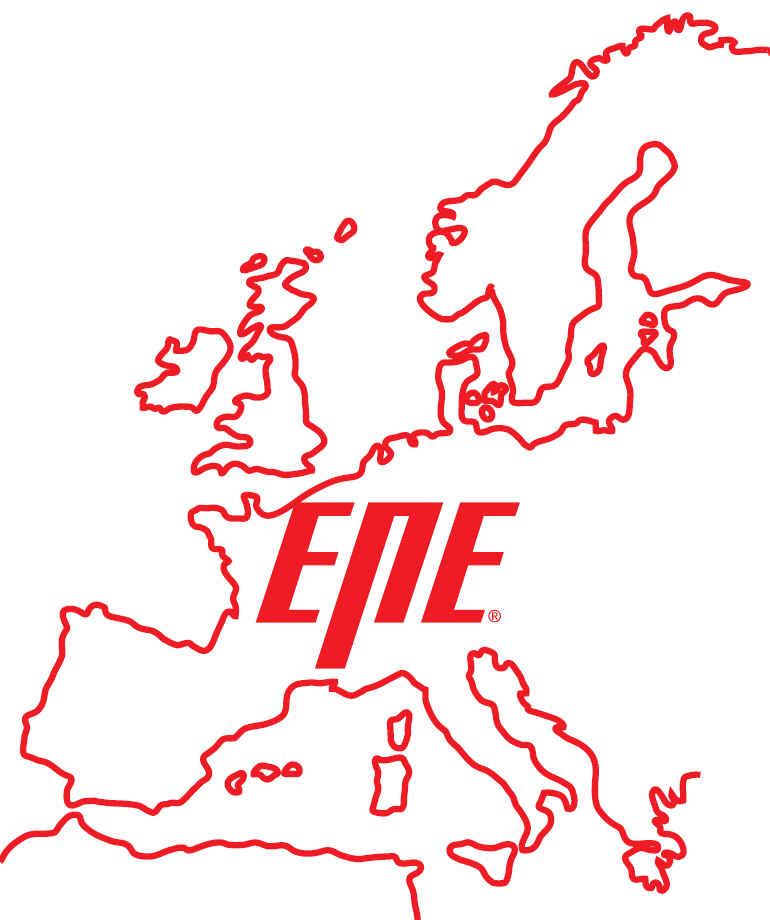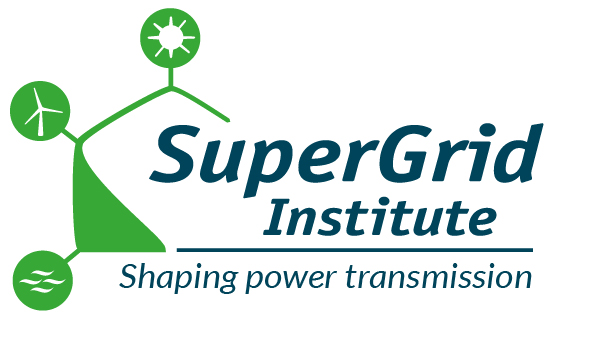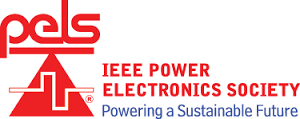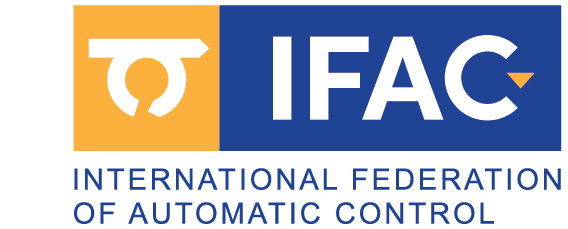EPE'20 ECCE Europe: Topics
Power electronics is at the heart of the energy transition constituting critical elements for ecology transition which will help to drive our world towards a new economic and social model, a model of sustainable development that renews our ways of consuming, producing, working, and living together to meet the major environmental challenges. Advanced power electronics, with considerations to energy savings, reduced footprint and smart digitalization, will provide a greater boost to renewable energy penetration, to sustainable mobility as well as to energy efficient buildings.
The EPE ECCE Europe conference is the largest in its field, attracting experts from numerous different countries every year to join in the discussions. With the objective to exchange and meet fellow professionals and academics, EPE ECCE Europe conference brings together researchers, engineers, etc. working at the forefront of power electronics technologies. For this type of event, where the future role of power electronics in this ecological revolution will be explored, the EPE ECCE Europe conference is one of the privileged places. There will be the opportunity to discuss a number of subjects during EPE 2020 ECCE Europe, not only during the virtual lecture and dialogue sessions of the conferences but also at the virtual exhibition, industrial forums and tutorials…
On top of the tutorials, lecture and dialogue sessions, the organising committees will propose several discussion sessions within the industrial forum as well as special sessions of power electronics related trends. The conference will specifically focus on the following challenging topics:
- DC grid
- E-mobility
- Energy digitalization
The conference topics are as follows:
I POWER ELECTRONICS COMPONENTS AND CONVERTERS
Topic 1: DEVICES, COMPONENTS, PACKAGING AND SYSTEM INTEGRATION
1.a. Passive Components
1.b. Active Devices and Components (Si)
1.c. Active Devices and Components (Wide Bandgap and other new materials)
1.d. System Integration, Packaging & Thermal Management
1.e. Reliability & Life-Time
Topic 2: POWER CONVERTERS TOPOLOGIES AND DESIGN
2.a. Modular Multilevel Converters
2.b. Solid State Transformers
2.c. Grid Connected Converters
2.d. Resonant Converters
2.e. HF Power Converters
2.f. Wide-Band Gap Power Electronics
2.g. Modelling and Control
2.h. Converter Design and Optimization
2.i. EMI/EMC in Power Electronics Including HF Phenomena
Topic 3: MEASUREMENT, SUPERVISION AND CONTROL FOR POWER CONVERTERS
3.a. Standard and advanced PWM techniques
3.b. Standard and advanced current/voltage/synchronization control techniques
3.c. Estimation, identification and optimization methods
3.d. Measurements techniques, drivers, sensors and state observers
3.e. Condition monitoring
II POWER ELECTRONICS APPLICATIONS
Topic 4: ELECTRICAL MACHINES AND DRIVE SYSTEMS
4.a. Electrical Machines
4.b. Adjustable speed drives
4.c. High performance drives
4.d. Motion control, robotics, special drives
Topic 5: RENEWABLE ENERGY POWER SYSTEMS
5.a. Wind energy systems
5.b. Solar energy systems
5.c. Other renewable energy systems
5.d. Energy harvesting
5.e. Energy storage systems for renewable energy
Topic 6: GRIDS, SMART GRIDS, AC & DC
6.a. Power electronics in transmission and distribution systems
6.b. HVDC & FACTS
6.c. Micro-grids
6.d. Smart grids
6.e. Mobile power stations
6.f. Power quality issues and power factor correction techniques
6.g. DC grids including fault coordination and protection
6.h. Hybrid DC circuit breakers (DCCBs)
6.i. Real-time simulation and Mock-ups
Topic 7: POWER SUPPLIES
7.a. Low voltage DC power supplies
7.b. High voltage DC power supplies
7.c. Distributed power supplies
7.d. Uninterruptible power supplies (UPS)
7.e. Electronic ballasts and solid state lighting
7.f. Contactless (Wireless) power supplies
Topic 8: ELECTRIC VEHICLE PROPULSION SYSTEMS AND THEIR ENERGY STORAGE
8.a. Electric propulsion systems for electric vehicles
8.b. Power converters for electric vehicles
8.c. Batteries, active and passive Management Systems (BMS)
8.d. EV´s battery chargers: contact
8.e. EV´s battery chargers: contactless
8.f. Smart charging and V2x
8.g. Standards and regulations
Topic 9: INDUSTRY SPECIFIC ENERGY CONVERSION AND CONDITIONING TECHNOLOGIES (ECCT)
9.a. ECCT in the industry (cement, steel, paper, textile, mining, etc…)
9.b. ECCT in aerospace and space applications
9.c. ECCT in rail vehicles
9.d. ECCT in Marine applications (offshore, subsea and deep ocean, and ships)
9.e. ECCT in physics research and related applications
9.f. Pulse applications, including passive components and transducers for power pulses
9.g. Embedded energy systems
Topic 10: DATA ANALYSIS, ARTIFICIAL INTELLIGENCE AND COMMUNICATION ISSUES
10.a. Data analysis applied to Power Electronics and drives systems
10.b. Application of AI to Power Electronics and drives systems
10.c. Communication for Power Electronics
10.d. Wireless control
10.e. Diagnostics






